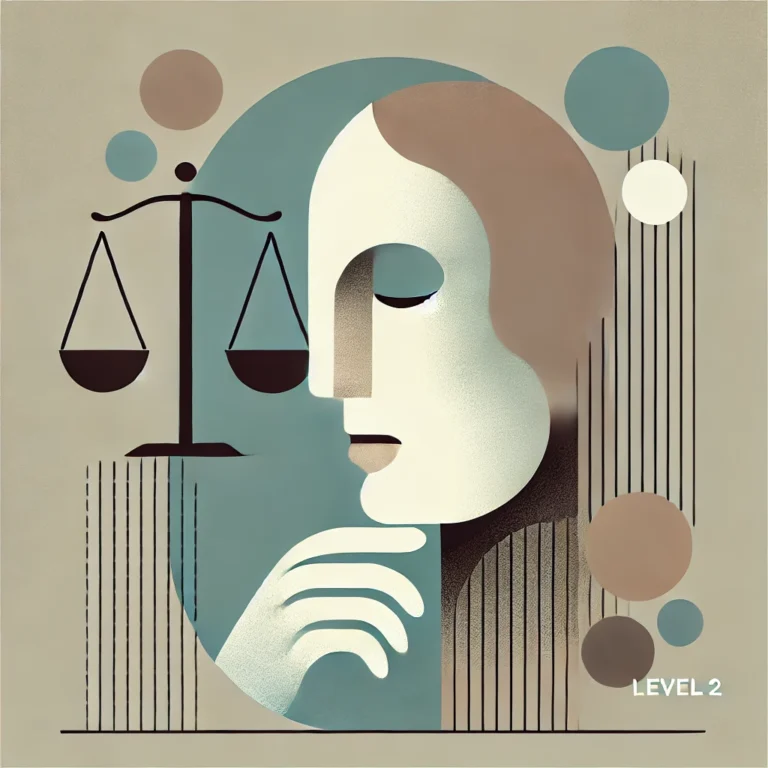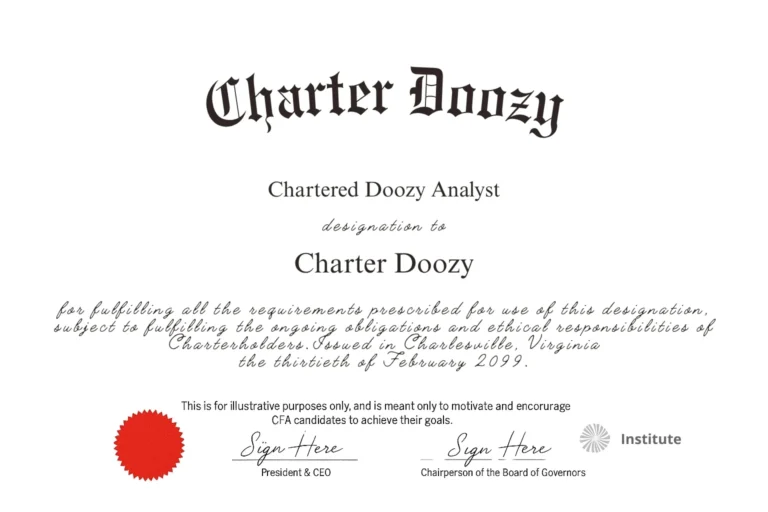Understanding the Ethical Foundation
In the financial world, trust is the currency that transcends all markets. As a CFA Level 2 candidate, you’re not just learning to manage investments; you’re learning to uphold the highest standards of ethical behavior. The CFA Institute Code of Ethics and Standards of Professional Conduct is the bedrock upon which this trust is built. But why is it so crucial? And how can you ensure that your mastery of these standards is more than just an academic exercise?
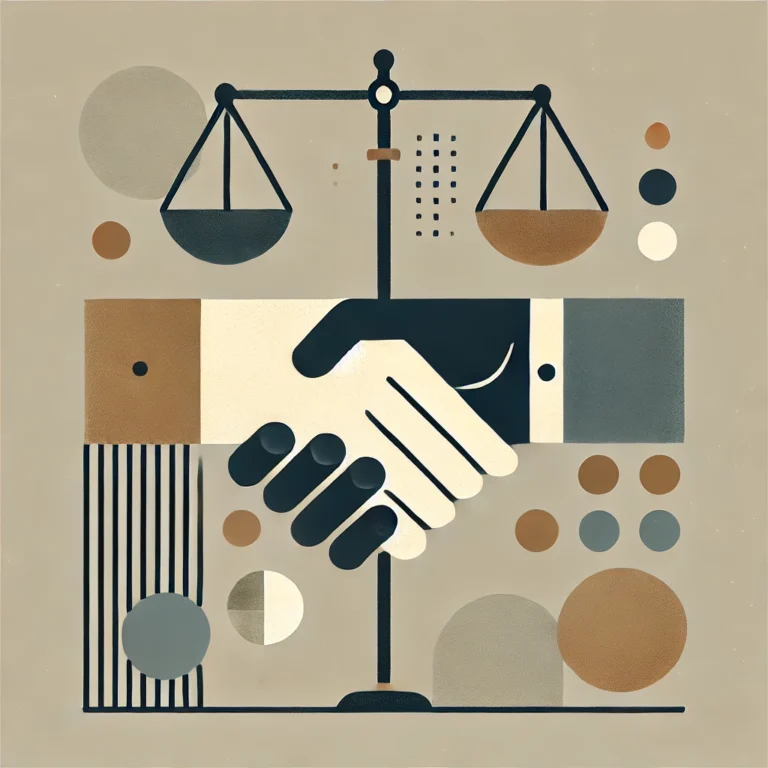
The Gravity of Ethical Conduct in Finance
Ethical and Professional Standards aren’t just another topic in the CFA Level 2 syllabus—they’re the backbone of the entire program. Every decision you make as a financial analyst can have far-reaching consequences, not just for your clients, but for the market as a whole. This is why the CFA Institute places such a strong emphasis on ethics across all levels of the CFA exams.
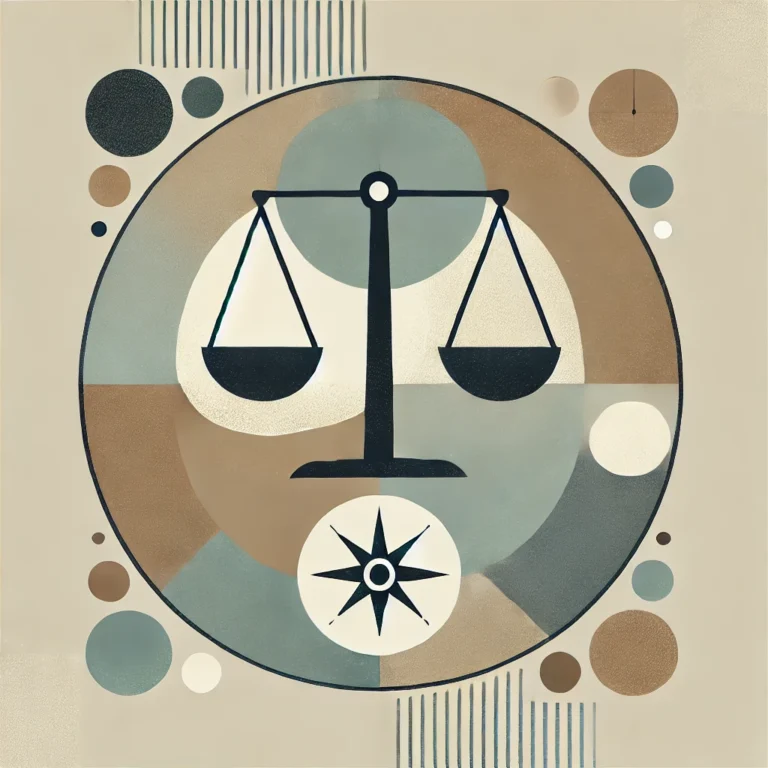
Real-World Implications of Ethical Lapses
Consider the numerous financial scandals that have rocked the world over the past few decades. From the Enron collapse to the 2008 financial crisis, unethical behavior has often been at the heart of these disasters. These aren’t just cautionary tales; they are stark reminders of what can go wrong when financial professionals fail to adhere to ethical standards. As a future CFA charterholder, you are expected to not only understand these standards but to internalize and practice them daily.
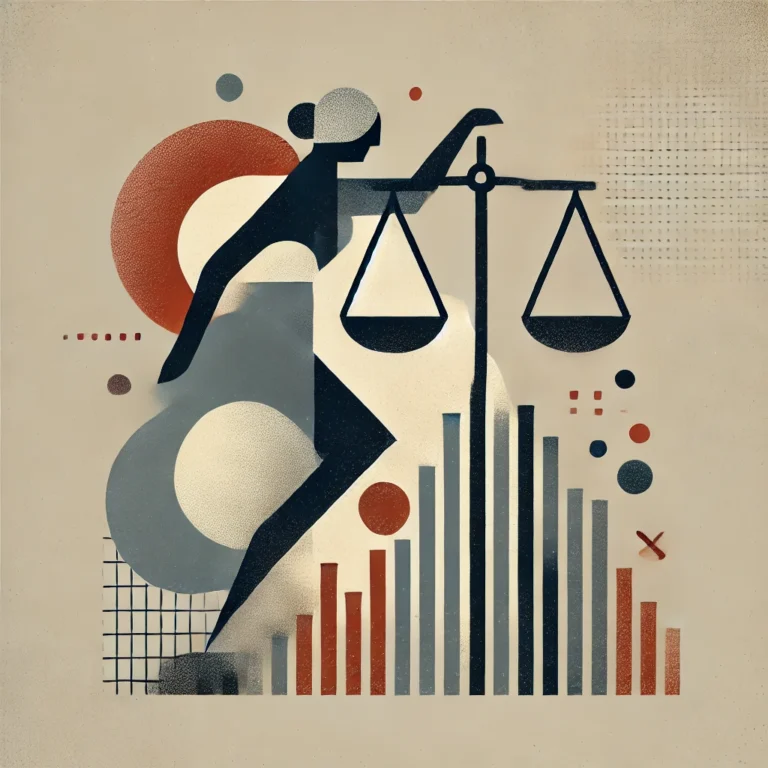
The CFA Institute Code of Ethics and Standards of Professional Conduct
The CFA Institute Code of Ethics and Standards of Professional Conduct is a comprehensive framework that guides financial professionals in making ethical decisions. It covers a broad range of topics, from professionalism and integrity to duties to clients and employers. But memorizing these standards isn’t enough—you need to understand their application in real-world scenarios.
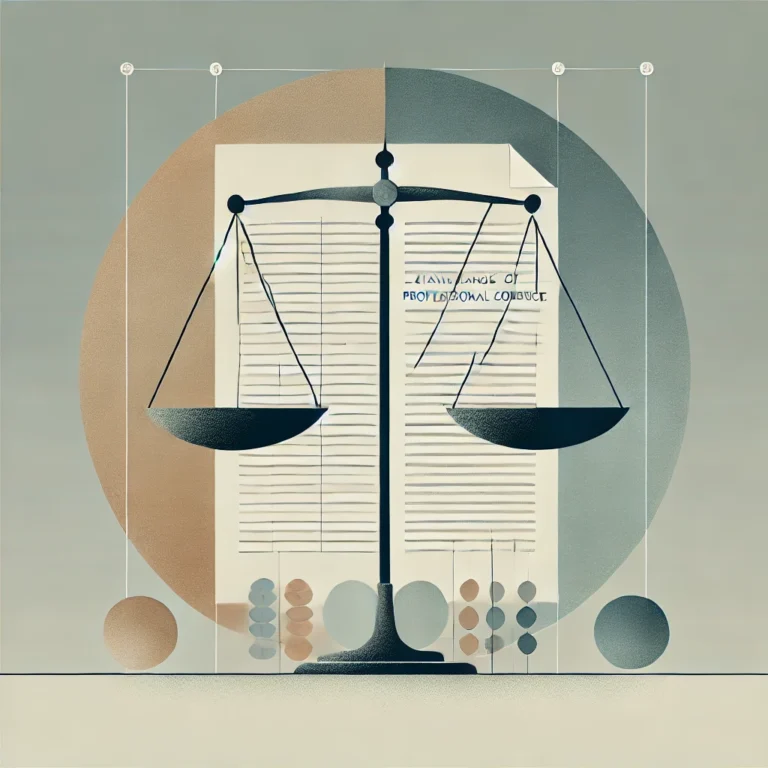
Navigating Ethical Dilemmas: Practical Advice
Identifying Ethical Dilemmas
Ethical dilemmas in finance often arise when there’s a conflict of interest, a temptation to manipulate information, or pressure to prioritize short-term gains over long-term value. As a CFA Level 2 candidate, you’ll encounter case studies that present these dilemmas, challenging you to think critically about the best course of action.

Applying the Standards in Practice
The key to mastering ethical standards is to consistently apply them in your daily life, even outside of professional settings. This practice will not only prepare you for the CFA exams but also for your future career. For instance, when analyzing a potential investment, consider not just the financial returns but also the ethical implications of the decision. Is the company involved in practices that could harm the environment or society? Are there any conflicts of interest that need to be disclosed?

The Role of Reflection and Introspection
One of the most effective ways to internalize ethical standards is through reflection. After studying a case or making a decision, take a moment to reflect on your thought process. Did you consider all ethical implications? Would you make the same decision if it were publicized? This kind of introspection will help you develop a strong ethical compass, which is crucial for both the CFA exams and your career.

Modern Examples of Ethics in Action
ESG Investing: A Case Study in Ethics
Environmental, Social, and Governance (ESG) investing is a perfect example of how ethical considerations are becoming increasingly important in finance. As a CFA Level 2 candidate, you’ll need to understand not just the financial metrics but also the ethical implications of investment decisions. ESG investing goes beyond traditional financial analysis by considering the impact of a company’s operations on the environment and society. This trend reflects a growing recognition that ethical behavior can and should drive financial performance.

The Rise of Whistleblowing in Finance
Whistleblowing has become a critical tool in maintaining ethical standards in the financial industry. High-profile cases, such as those involving insider trading or fraudulent financial reporting, have highlighted the importance of speaking out when unethical behavior is observed. As a CFA Level 2 candidate, you should understand the ethical and professional responsibilities involved in whistleblowing, including the potential risks and rewards.
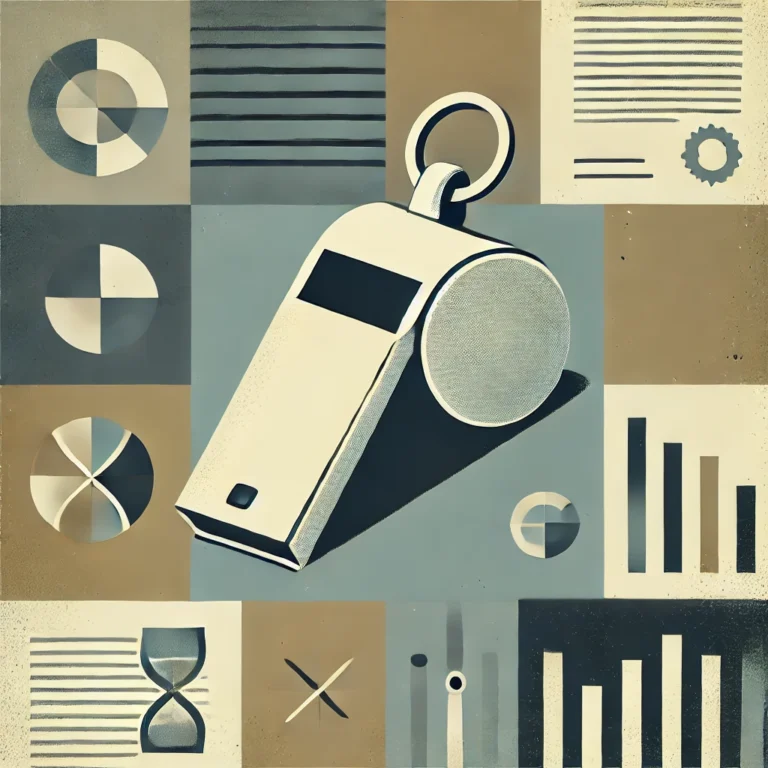
Historical Anecdote: The Fall of Barings Bank
The collapse of Barings Bank in 1995 is a classic example of what can happen when ethical standards are ignored. Nick Leeson, a rogue trader, accumulated massive losses through unauthorized trading and falsified reports, ultimately leading to the bank’s downfall. This case illustrates the catastrophic consequences of unethical behavior and the importance of adhering to professional standards.
Doozy Digest
A newsletter for CFA candidates
Subscribe for:
✔ Insightful tips
✔ Expert advice
✔ Career motivation
✔ Exam inspiration
Stay updated and subscribe today!
The CFA Level 2 Exam: Ethics and Professional Standards
Exam Weight and Importance
Ethics and Professional Standards account for 10-15% of the CFA Level 2 exam, making it one of the most heavily weighted topics. This isn’t by accident; the CFA Institute recognizes that ethical behavior is paramount to the integrity of the financial profession. As you prepare for the exam, give this section the attention it deserves.
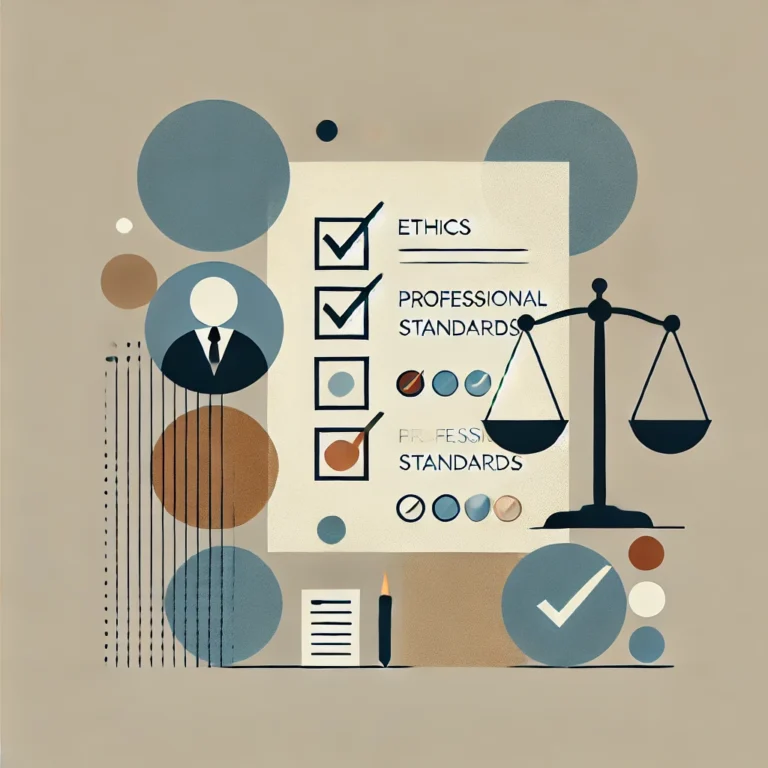
Common Pitfalls and How to Avoid Them
One of the most common mistakes candidates make is assuming that Ethics is easy and can be studied last. However, the Ethics section is often one of the most challenging, as it requires a deep understanding of the nuances involved in ethical decision-making. Avoid the temptation to cram this section—start early and study it consistently throughout your preparation.
Strategies for Success
To excel in the Ethics section, focus on understanding the principles behind the standards, not just the rules themselves. Use practice questions to test your ability to apply these principles in different scenarios. And remember, the Ethics Adjustment is real—candidates who perform well on this section may receive a small boost in their overall score, so it’s worth the extra effort.
The Reflective Practitioner: Continuous Ethical Development
Beyond the Exam: Ethics in Your Career
Passing the CFA Level 2 exam is just the beginning of your ethical journey. As a financial professional, you’ll face ethical challenges throughout your career. Whether it’s managing conflicts of interest, ensuring fair treatment of clients, or maintaining integrity in your analysis, the ethical standards you’ve learned will be your guiding light.
The Importance of Lifelong Learning
Ethics isn’t a static field—it’s constantly evolving as new challenges arise in the financial industry. As a CFA charterholder, you’ll be expected to stay informed about these changes and continue to develop your ethical understanding. Engage in continuous professional development, attend seminars, and participate in discussions about ethical issues in finance. This commitment to lifelong learning will not only enhance your career but also contribute to the overall integrity of the financial profession.
Building a Strong Ethical Culture
As you advance in your career, you’ll have the opportunity to influence the ethical culture of your organization. Lead by example, encourage open discussions about ethics, and be a mentor to those who are just starting their careers. By promoting a strong ethical culture, you’ll help to ensure that the financial industry remains a trusted and respected profession.
Final Thoughts: The Ethical Legacy of a CFA Charterholder
The Ethical and Professional Standards section of the CFA Level 2 exam isn’t just about passing a test—it’s about laying the foundation for a career built on integrity, trust, and professionalism. As you study, remember that the principles you’re learning will guide you throughout your professional life. Embrace the challenge, commit to ethical excellence, and you’ll not only pass the exam but also make a lasting impact on the financial industry.
In the end, your success as a CFA charterholder won’t be measured solely by your financial acumen, but by the ethical standards you uphold. The world of finance needs professionals who are not just smart, but also principled. As you continue on your CFA journey, let ethics be your compass, guiding you toward a career that you can be proud of—a career that not only benefits you but also contributes to the greater good.
